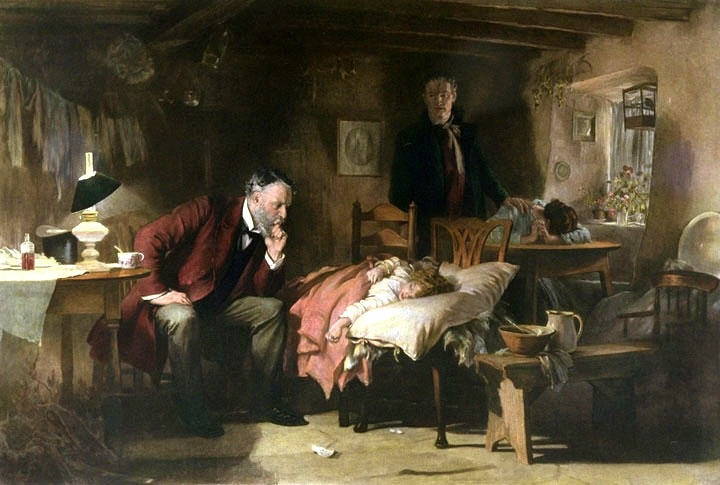In the last few months, many American Christians have been up in arms about MAiD. MAiD is Medical Assistance in Dying, Canada’s euthanasia program. Canada has assisted terminally ill patients with dying since 2016, but in 2021 they expanded the categories of eligible people. The result has been a dramatic increase in medically-assisted deaths and an increasing cultural awareness of the program, in Canada and the United States.
Login to read more
Sign in or create a free account to access Subscriber-only content.
Topics:
